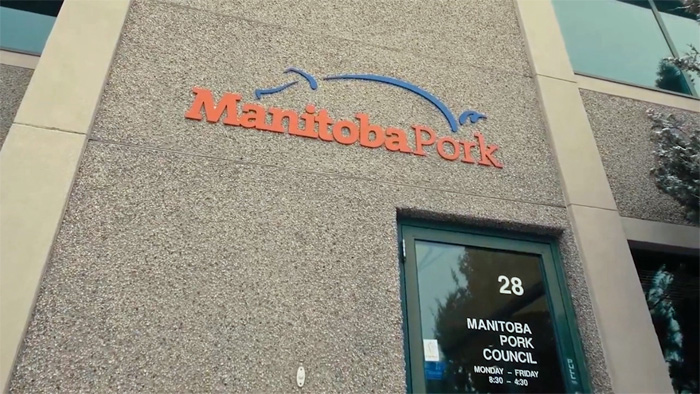The General Manager of Manitoba Pork suggests, not only has the federal carbon tax been completely ineffective in reducing fossil fuel use, it has actually made it harder for farmers to afford the adoption of new innovations.
Manitoba Pork General Manager Cam Dahl is calling on government to replace its policy of taxing farmers to stimulate decreased fossil fuel use with one where incentives are offered to stimulate the adoption of environmentally sustainable technologies and practices.
When farmers are looking at negative margins and facing increased costs, that’s not the time when they’re able to go out and modify their operations and modify their infrastructure to reduce energy use and reduce the use of fossil fuels. They’re just working to get by to a point where the industry is more profitable.
The imposition of additional costs with the carbon tax has actually in my estimation slowed down the adoption of new practices, new barn designs, new ventilation, all those kinds of things that actually would have an impact.
What I think we should be looking at is ways of incentivizing new business practices, whether it’s changes in ventilation, whether it’s changes in barn construction that’s taking away some of the risks of adopting new practices for farmers and we would get to a situation where we could be adopting practices that are more environmentally sustainable and at the same time they’re reducing farmers’ costs and not increasing them.
There is a better policy approach and that’s working with farmers and working with producers to incentivise new practices that will reduce costs and reduce energy use. That would be so much more effective than what we’re seeing today.
~ Cam Dahl, Manitoba Pork
Dahl notes the carbon tax also makes Canadian hog farmers less competitive with producers in countries that do who do have such a tax.





